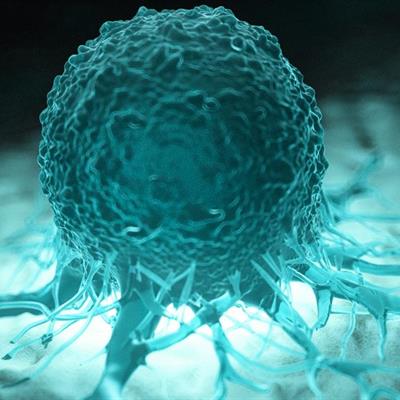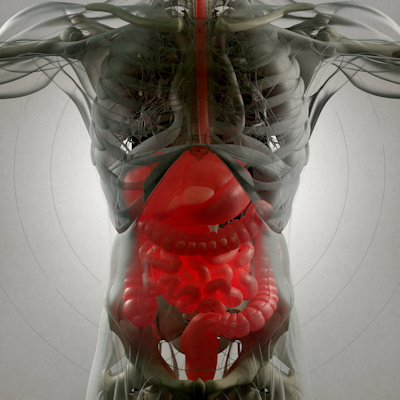 Synthesis breakthrough opens door to development of natural product as cancer therapy
Synthesis breakthrough opens door to development of natural product as cancer therapy
Princeton University scientists have halved the number of steps needed to synthesize pleurotin, setting the stage for work to realize the anticancer and antibiotic potential of the molecule. Read More
 New molecular editing strategy empowers chemists to create novel drug candidates
New molecular editing strategy empowers chemists to create novel drug candidates
A new unified late-stage “molecular editing” strategy to directly modify bicyclic aza-arenes could enable chemists to synthesize a more diverse range of drug candidates. Read More
 Production technique clears barrier to widespread study of intestinal organoids
Production technique clears barrier to widespread study of intestinal organoids
The aggregation of cells removes variability from the production of small intestinal organoids, clearing a major hurdle to the widespread use of the technologies as a research tool for studying the digestive system, according to a paper published July 28 in Stem Cell Reports. Read More
 Video from AACC: Lab Ordering Cloud software
Video from AACC: Lab Ordering Cloud software
Mehdi Maghsoodnia, CEO of 1health, spoke to ScienceBoard.net's sister site LabPulse.com about the market needs for the firm’s Lab Ordering Cloud, as well as diagnostic industry trends. Read More
Conferences
Science Briefs
Member Rewards
Earn points for contributing to market research. Redeem your points for merchandise, travel, or even to help your favorite charity.
Research Topics
Interact with an engaged, global community of your peers who come together to discuss their work and opportunities.
Connect
Tweets by @ScienceBoard






